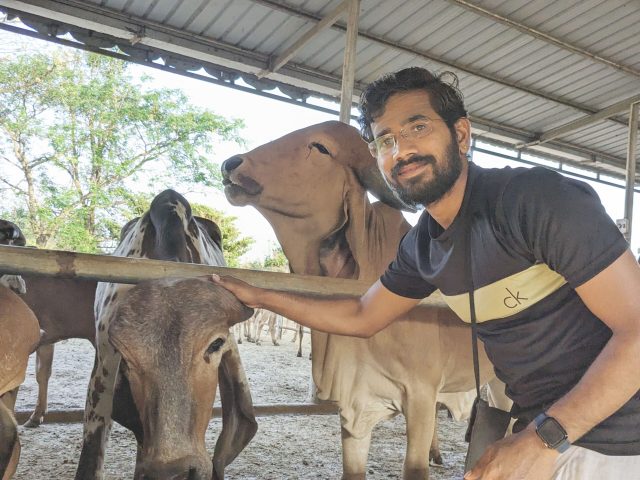In today’s world, it is important to create awareness about these texts so that people from all backgrounds can benefit from their teachings. By studying the Vedas and Upanishads, we can gain a deeper understanding of ourselves and the world around us, and ultimately live more fulfilling and meaningful lives.
People’s desire to learn about, defend, maintain, and promote Indian heritage has steadily decreased during the past century. Regarding the Vedas, this is especially true. Many unique shakas, and branches of the Vedas were fading into non-existence.
In today’s generation, everyone is falling into the hands of technology and changing their way of living and neglecting our Vedas and Upanishads. The Vedas have been studied by scholars around the world for their wisdom on a variety of topics related to spirituality. In addition to this religious significance, they also contain valuable insights into ancient Indian culture and beliefs which can be applied to modern contexts in order to gain insight into our own lives today.
The Vedas are an invaluable source of knowledge that must be preserved for future generations so that they may continue to benefit from its wisdom through careful study and contemplation
Learning the Vedas and practicing the teachings involves the entire body. Thus, Vedas are believed to have organs, the Vedaangas. There are six Vedaangas. Siksha – the nose or lungs of the Veda Purusha , Vyakarana – the mouth or grammar of the Veda Purusha, Chandas the feet of the Veda Purusha, Niruktam – the ears of the Veda Purusha, Jyotisha – the eyes and Kalpa the arms of the Veda Purusha.
Nirmal Darhas had done the research for 6 years at Tirumala and completed their MA Ph.D. at Vedic University. Being interested in teaching Vedas started my career at Sringeri Brach Veda Patasala in Palakkad Kerala. To spread the Vedas in this computer world we started a trust in the year 2020 called “Veda Vijanan Vahini”, which helps to stay connected with the Vedas and Upanishads. We also do Annadam for every Ekadasi. In this modern world, every problem has a modern answer. We are planning to teach Vedas and Upanishads in modern ways like computers, and mobile. The goal is to plan Vedic events, hear motivational lectures from Vedic academics, inspire young geniuses to learn the Vedas, and inform people about the locations of Vedic schools so they can worship over them. Take away racists’ inhibitions when performing Vedic ceremonies; offer total support and assistance for performing rituals; and guide people in terms of where to find concerned Hindu priests and Samagri to perform sacred rituals for the deities.
